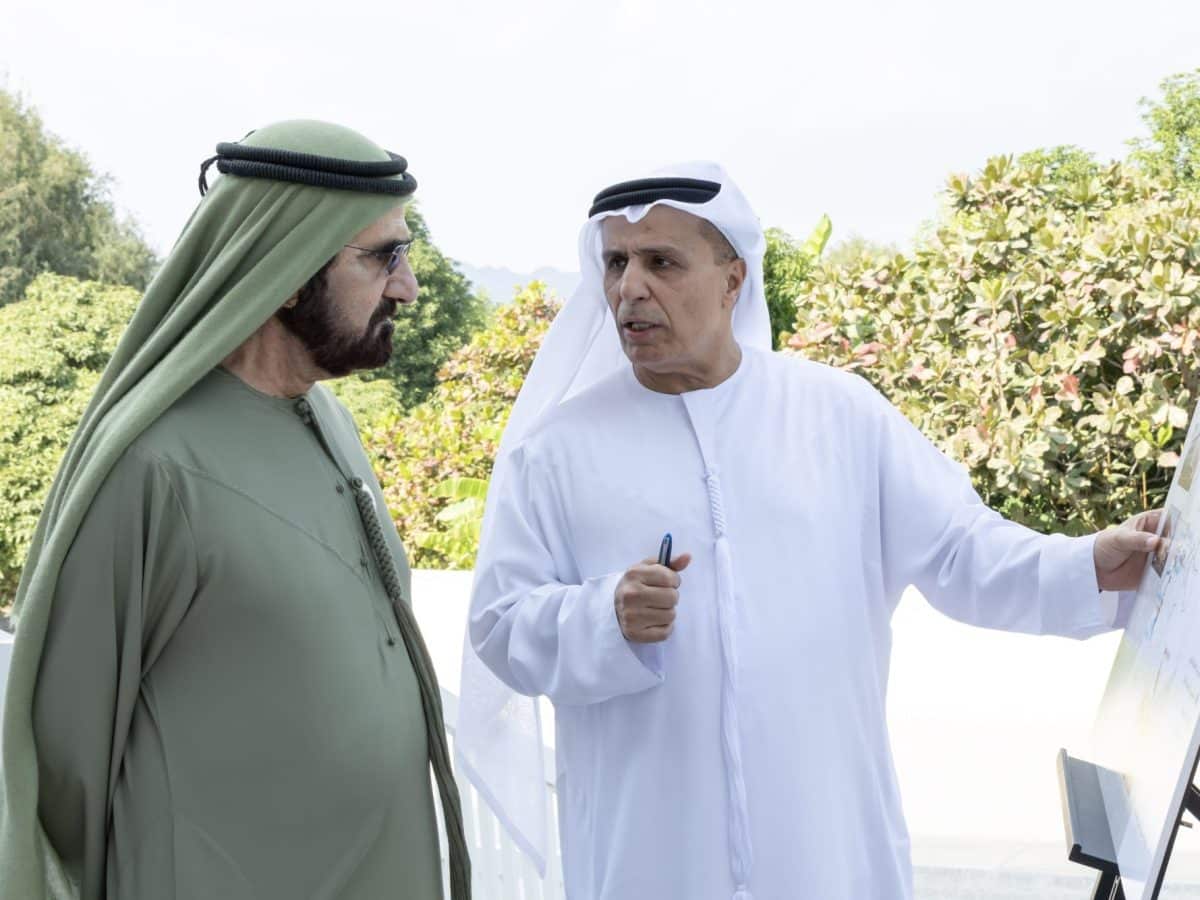
Sheikh Mohammed bin Rashid Al Maktoum, Vice President and Prime Minister of the UAE and Ruler of Dubai, recently conducted a comprehensive review of the progress of multiple development initiatives in Hatta, a picturesque enclave situated in the UAE’s Hajar Mountains. These initiatives, part of a broader $980 million revitalization program, aim to transform the region into a prime tourism and economic hub, enhancing the quality of life for both residents and visitors.
The development, which spans a wide range of sectors from tourism infrastructure to sustainable living, forms a cornerstone of Dubai’s strategic vision for the next decade. Sheikh Mohammed’s inspection focused on key infrastructure projects, such as the Hatta Sustainable Development Hub, aimed at promoting eco-tourism while preserving the region’s natural environment. The development is seen as a key element in diversifying Dubai’s economy beyond the traditional sectors of oil and real estate.
Among the major components of the development plan are the construction of a new tourism complex, a high-end resort, adventure sports facilities, and improved connectivity to Dubai. These projects are expected to enhance Hatta’s appeal as a tourist destination, drawing both domestic and international visitors keen on nature-based experiences and high-end leisure offerings. This transformation is also set to provide a significant boost to the region’s economy by creating jobs, stimulating local businesses, and increasing tourism revenue.
Sheikh Mohammed was accompanied by several key officials from the Dubai government and the Dubai Development Authority, who briefed him on the ongoing construction and planning efforts. The development of world-class facilities, including a new sustainable city within the project, aligns with the UAE’s broader focus on sustainability and green development. This commitment is also reflected in the design of the resorts and infrastructure, which will incorporate renewable energy solutions, water conservation systems, and eco-friendly building materials.
The review also covered the progress of transportation projects aimed at improving access to Hatta. This includes the ongoing expansion of the road network, making the area more accessible to visitors from across the UAE, and the development of a new Hatta airport to support both regional and international travel. The enhanced connectivity is expected to foster greater economic interaction between Hatta and Dubai, as well as other Gulf countries.
As part of the strategy, Hatta’s history and culture are also being woven into the development plans. The Hatta Heritage Village, which showcases the area’s rich cultural history, will see new investments aimed at enhancing its role in cultural tourism. The village will soon offer more interactive experiences for visitors, including traditional craft demonstrations, exhibitions, and cultural festivals that celebrate the emirate’s Bedouin heritage.
The government’s focus on creating a sustainable and thriving community in Hatta is a key objective of this development. The region is set to become a model for rural and mountain communities across the Middle East. In addition to tourism and cultural initiatives, the project includes residential developments designed with green building practices, ensuring that the community will have a low environmental impact. Residential units will feature solar energy systems and water-efficient appliances, providing a sustainable living environment for Hatta’s growing population.
Hatta’s development is also an example of the UAE’s broader plans to address urban congestion in larger cities such as Dubai. By investing in rural areas like Hatta, the UAE government aims to distribute its population more evenly across the country, easing pressure on urban infrastructure and encouraging regional growth. This strategy aligns with the broader national objective of enhancing the sustainability and livability of cities and towns throughout the UAE.
Another focus of the development is enhancing the local economy through support for small businesses and local industries. The Hatta development program will include initiatives to support entrepreneurship, including the establishment of co-working spaces and incubators for small businesses in sectors such as agriculture, handicrafts, and technology. This will offer Hatta’s residents opportunities to diversify their economic activities and create new sources of income, ensuring that the region’s growth benefits the local population.
The $980 million project also incorporates elements aimed at preserving the natural landscape, which has long been a key attraction of Hatta. Eco-friendly initiatives will ensure that new developments have minimal impact on the area’s environment. For example, the resort facilities will be built with materials that blend into the natural surroundings, and efforts will be made to protect local wildlife and plant species through sustainable construction and land use practices.



